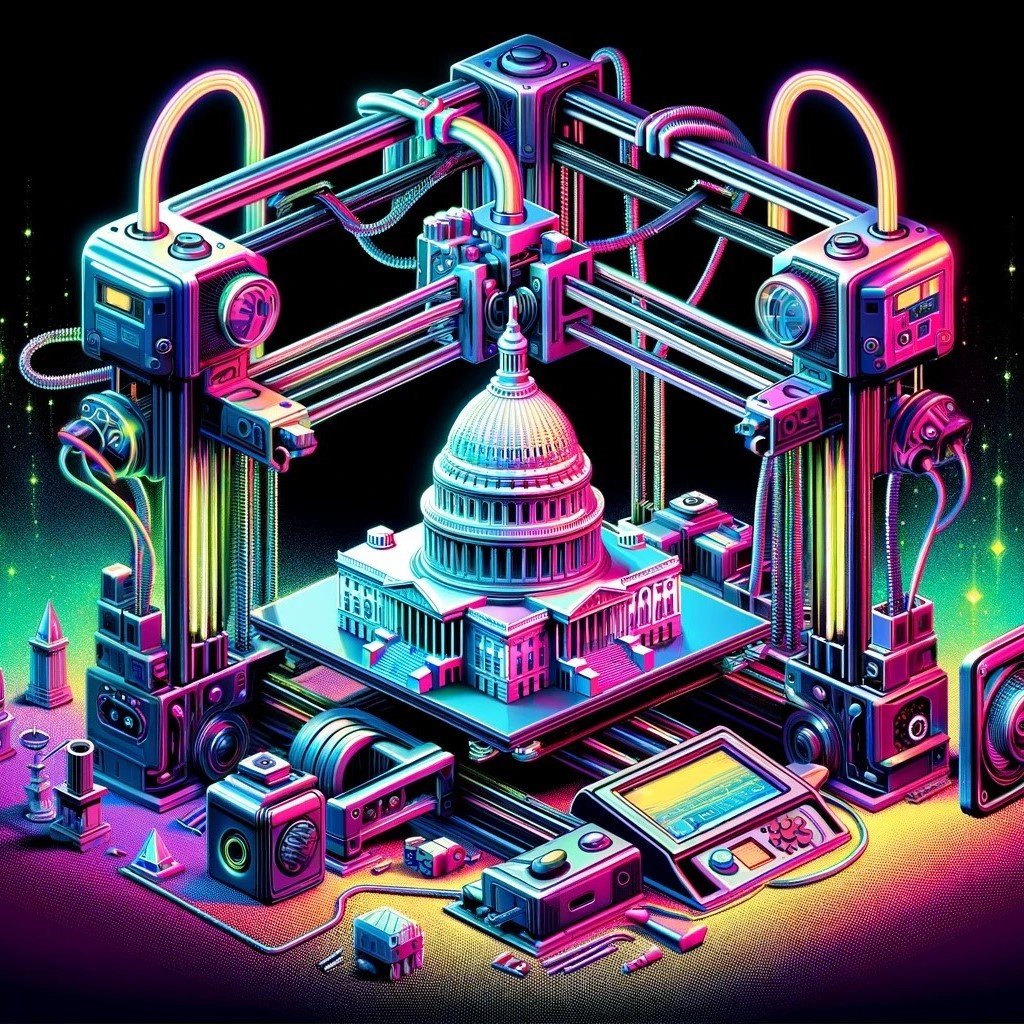
The House provides a forum for new, innovative ideas via the Congressional Hackathon.
The Congressional Hackathon provides a sandbox for Congress, the public, the private sector, and civil society to foster greater technological innovation.

Members of Congress can now cohost events with nongovernmental organizations in their district to provide constituents with resources and information.
Revised House ethics guidance now enables Members’ district offices to partner with community organizations for events.

There is greater accountability for those who engage in threatening and abusive behavior toward Congressional offices.
Capitol switchboard improvements enhanced the US Capitol Police's capabilities in identifying and investigating those who make threatening or harassing calls to Member offices.

Constituents now have multiple options for receiving updates from their Representative.
Members can now send communications by phone, email, or text to provide relevant community news, updates, and information.

Members of Congress can freely share urgent updates and resources with their constituents during emergencies.
Congressional offices can now share mass communications related to crises to constituents without the need for House commission approval.

House websites are meeting accessibility standards for the first time.
Accessibility updates to House websites, such as standardizing image captioning and website layout designs, enable all constituents to find information they need.

Congressional staff and visitors have access to better campus services.
More dining options available at night allows Congressional and support office staff to order on campus, thereby saving time.

Visiting the Capitol has become more inviting.
A revised screening process for constituents to enter the Capitol helps heighten safety for all.

Members can secure funds for district-based projects.
Congress initiated its Community Project Funding Program, a key Article I tool.

Chiefs of Staff and District Directors have access to nonpartisan professional development and management training.
More management training opportunities for staff leadership positions will help offices run better, both in DC and in districts nationwide.

A dedicated Legislative branch working group is focused on improving transparency and accessibility of legislative data.
A bicameral task force aimed at strengthening Congressional data transparency and accessibility has been given more scope and responsibility.

Members-elect now have access to better training before they are sworn into office.
Better training for new Members will help offices better serve constituents from day one.

Student loan repayment program recipients can receive benefits without salary-based limitations.
The House reformed its Student Loan Repayment Program to help improve staff recruitment and retention.

The House Clerk developed and launched the Comparative Print Suite project to enhance transparency of changes made to the US Code.
The House has launched a legislative drafting tool that allows Members and staff to see how new legislative language would change the law.

Staff have better access to nonpartisan, fact-based science and technology expertise.
Congressional support agencies are better equipped to assist Congress with its science and technology-based policy needs.
